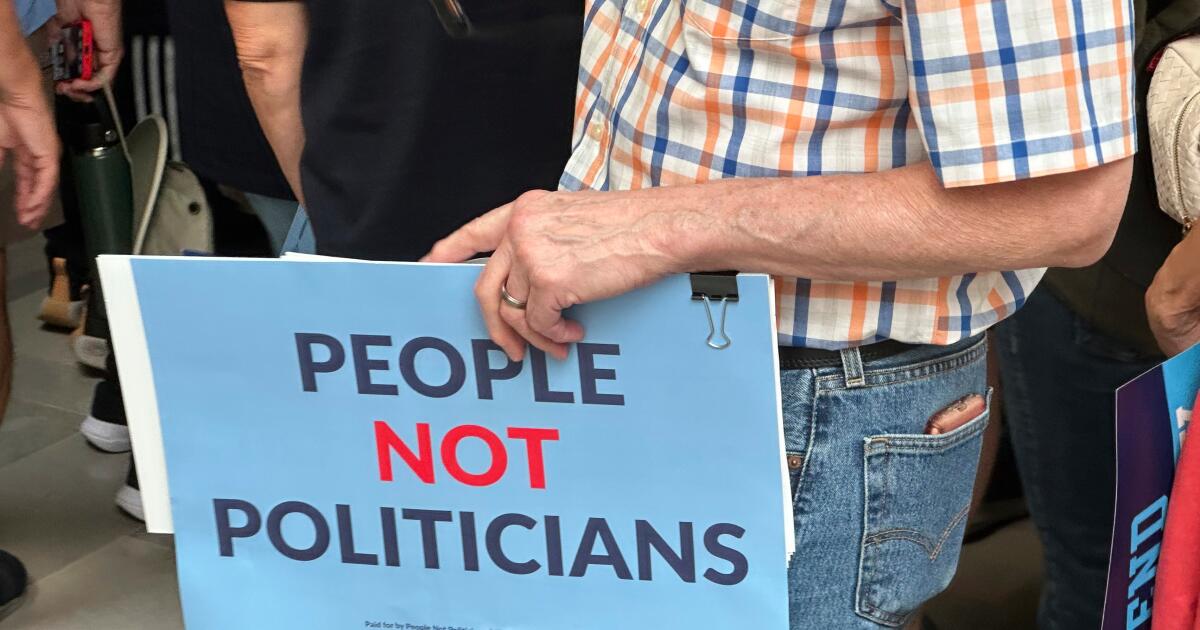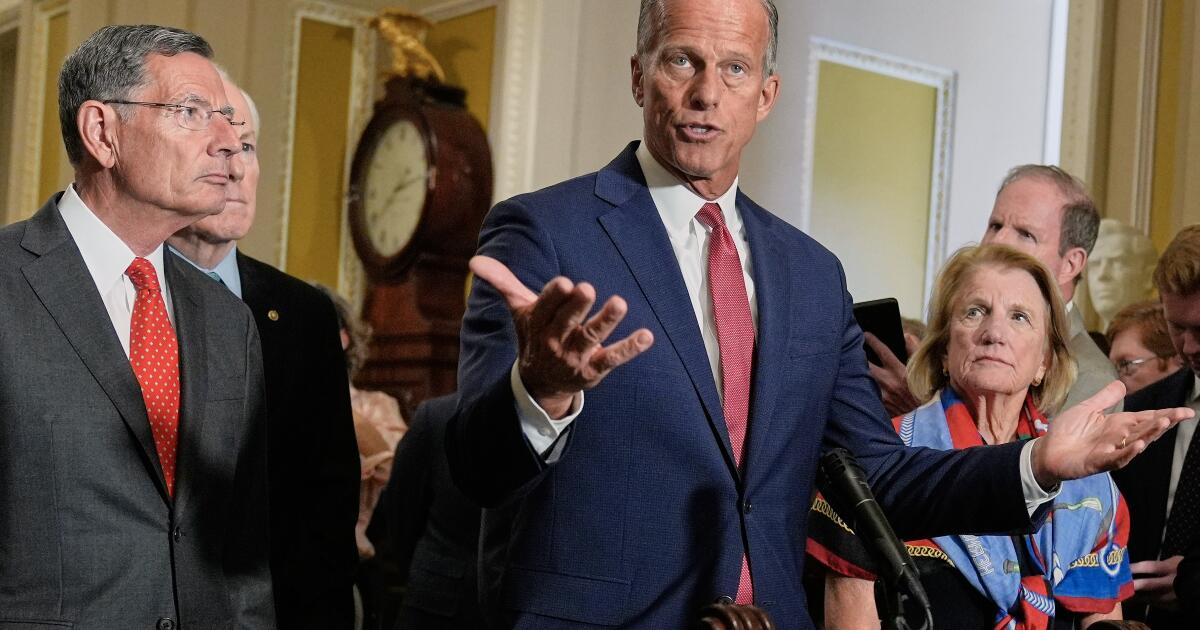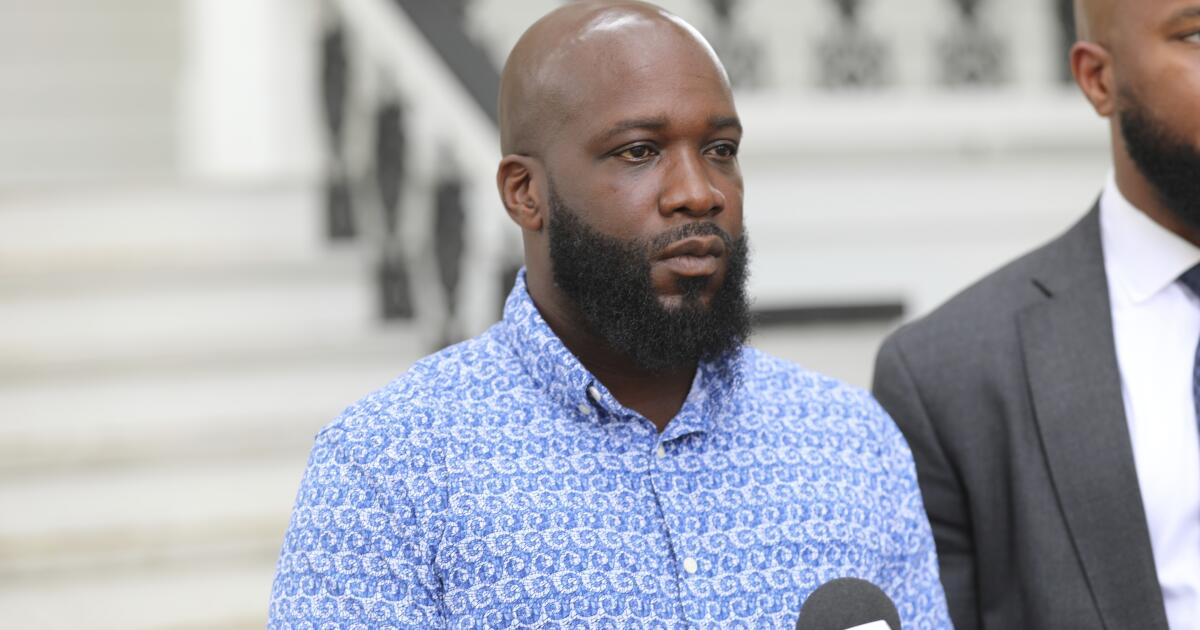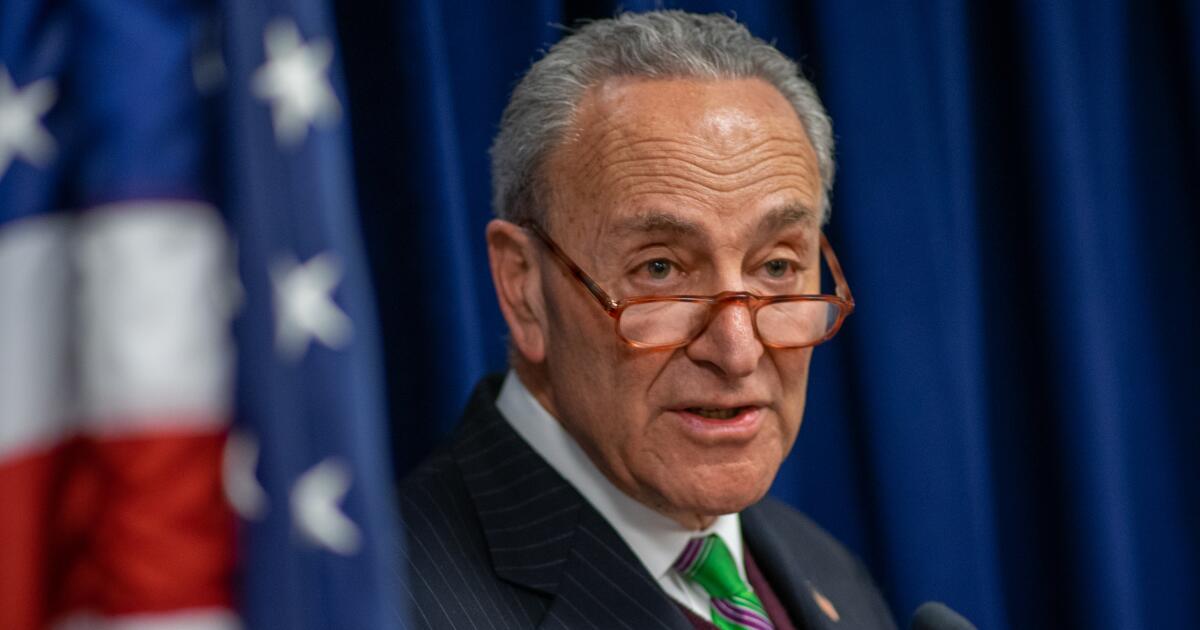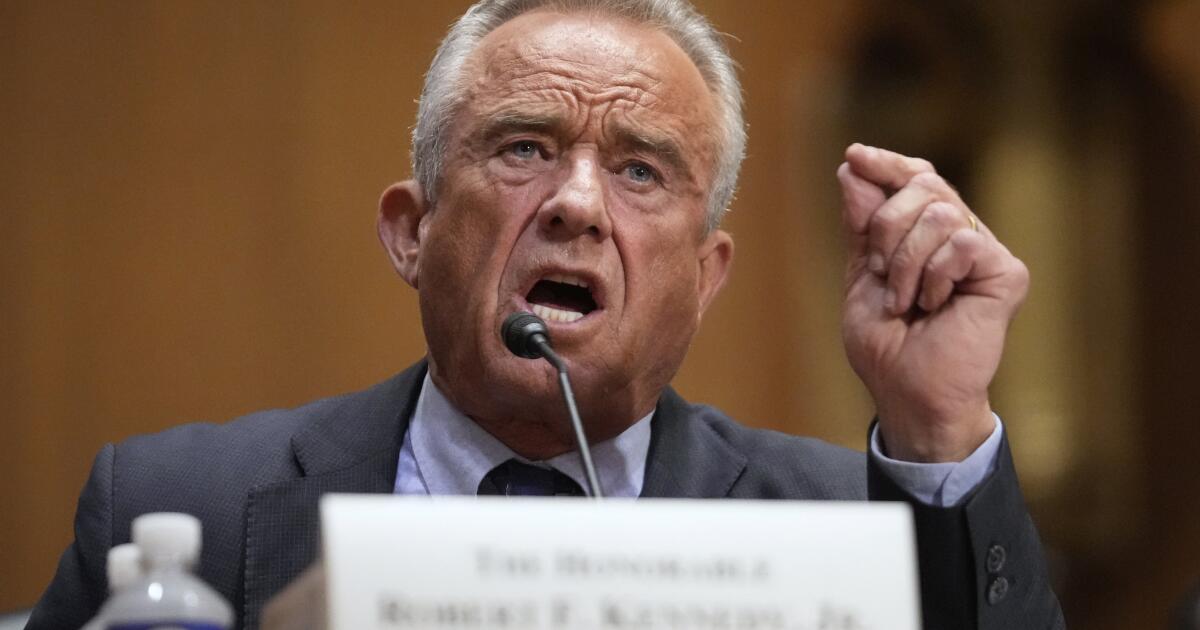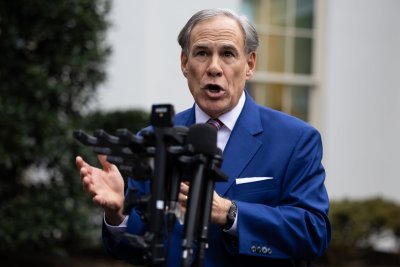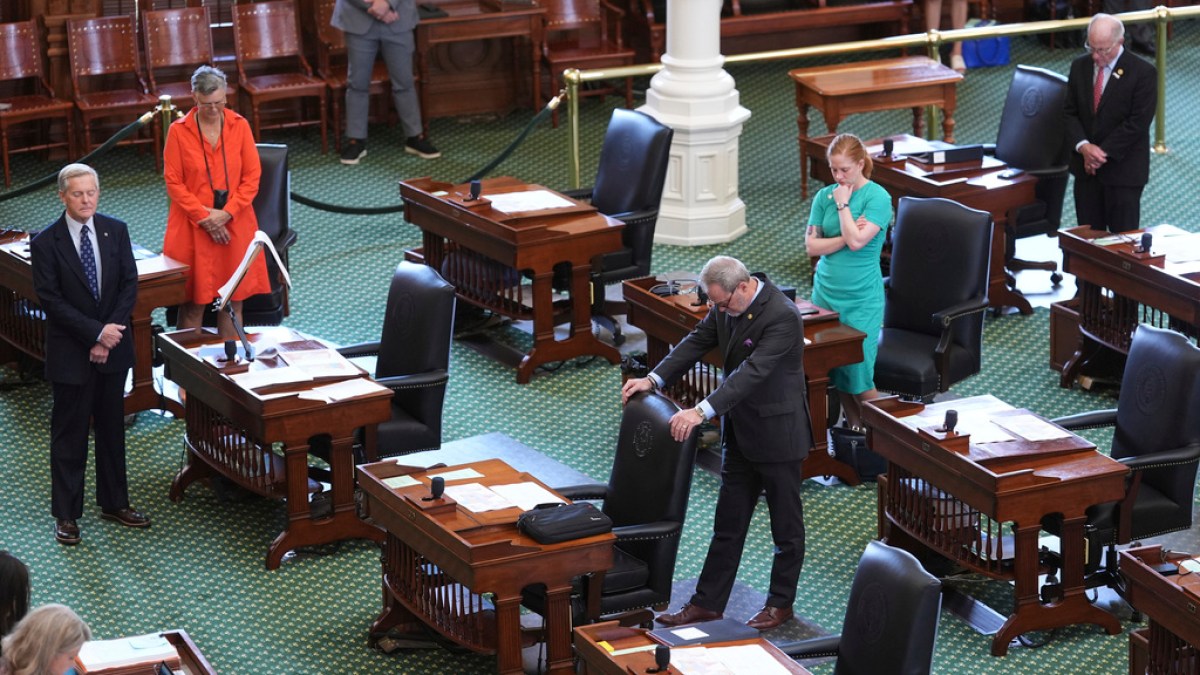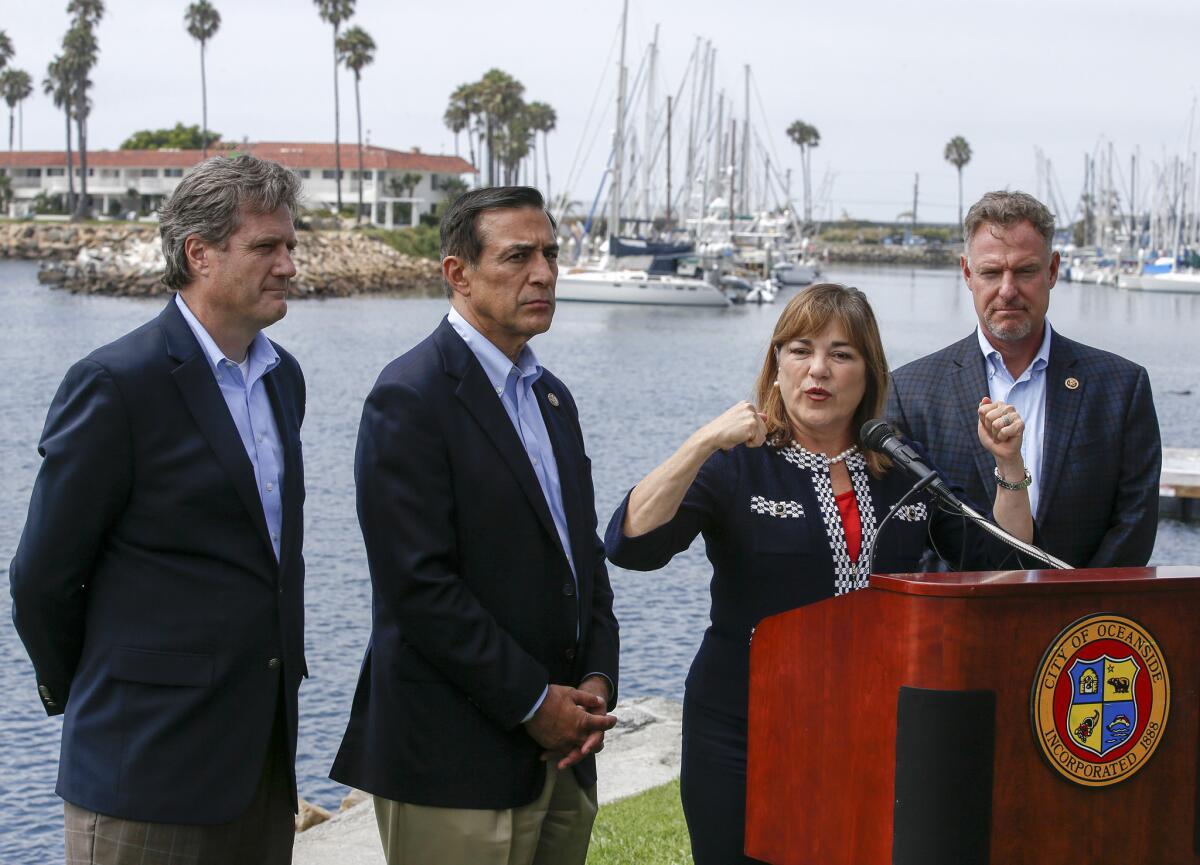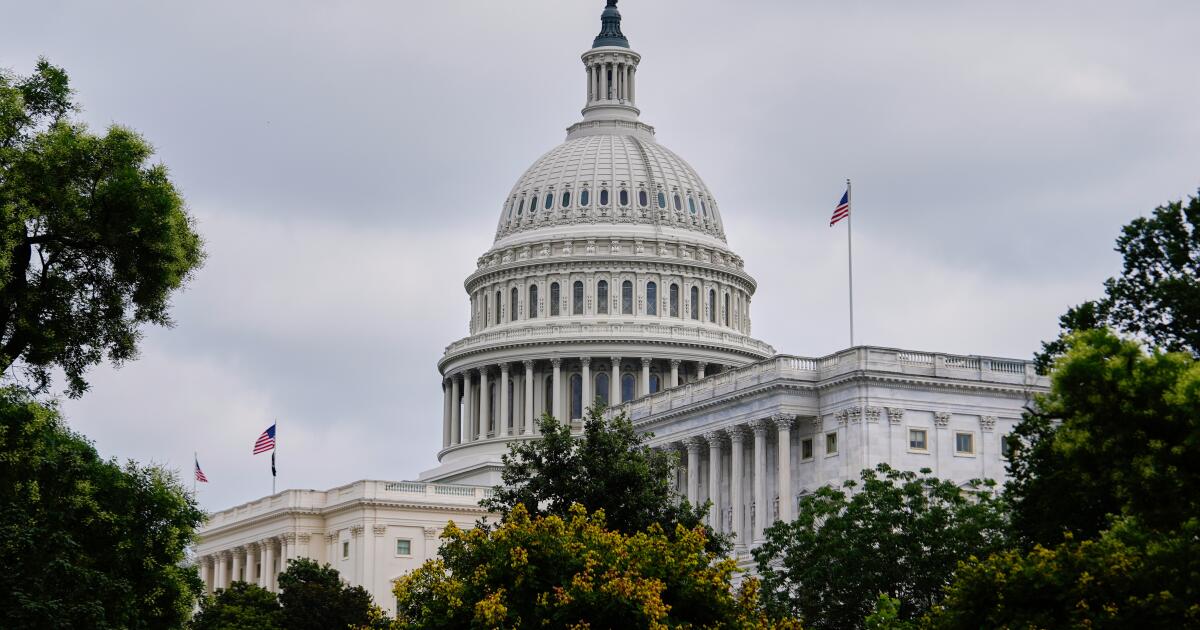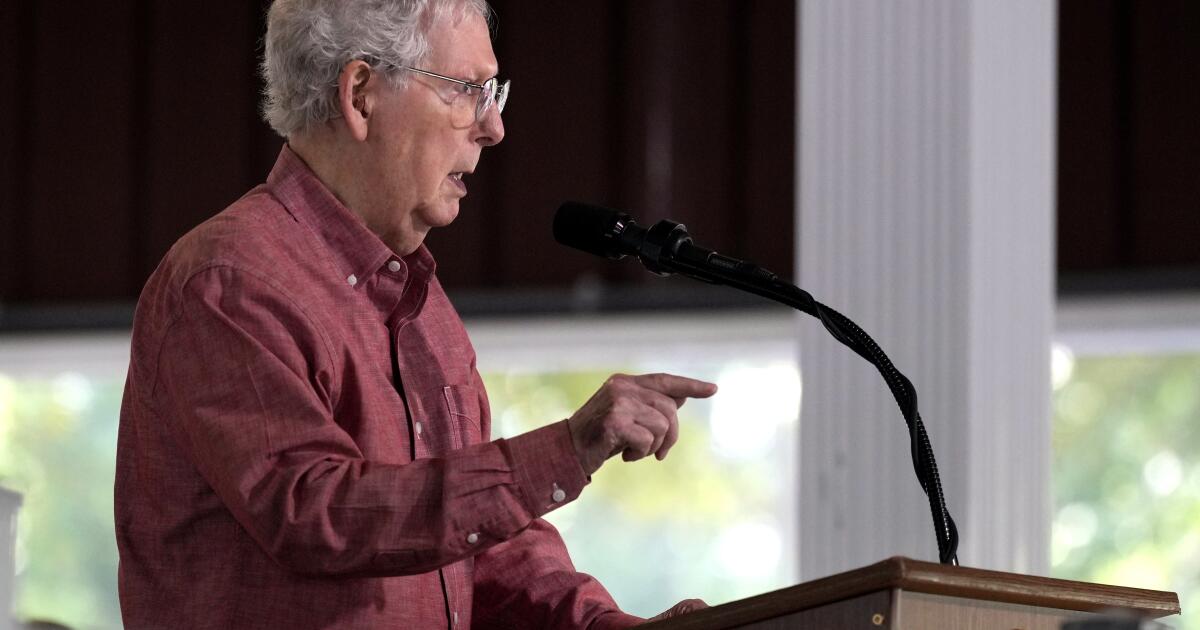It may come down to a matter of style in the race between Assemblymen Scott Wildman and Jack Scott, who are vying for the Democratic nomination to fill the state Senate seat vacated by Adam Schiff.
Do voters want Scott, the genteel former college president with a soft Texas twang, or do they want Wildman, the hyperkinetic, attention-grabbing former fourth-grade teacher?
The winner of the March 7 Democratic primary for the 21st state Senate district will probably face a tough fight against well-funded Republican Paul Zee.
The race is widely viewed as a significant contest because it is one of just five open Senate seats this year that are up for grabs by either party. Democrats currently hold the Senate majority in Sacramento with 25 seats, while the Republicans have 15.
South Pasadena’s Councilman Zee is the GOP front-runner in the traditionally swing district, according to political observers. He is running against engineer Dave Wallis.
The 21st Senate district includes parts of the east San Fernando Valley, Burbank, Glendale, the Los Angeles communities of Los Feliz, Eagle Rock, Silver Lake and Griffith Park, and the city of Pasadena.
After three years, Schiff is leaving the state Senate to run against incumbent Rep. James Rogan (R-Glendale) in a hotly contested battle for the 27th congressional district seat, which includes some of the same areas.
Zee, a businessman who emigrated from Hong Kong in 1977, has raised $512,000 to date–almost as much as Scott, who has raised about $570,000, and significantly more than Wildman, who has raised about $400,000.
Bob New is running unopposed for the Libertarian Party nomination.
The 21st district was once a Republican stronghold, but a recent influx of Latino and Asian voters has contributed to a decrease in GOP registration of six percentage points since Schiff’s win in 1994. Democrats now comprise 44% of the 393,882 registered voters in the district, to the Republicans’ 36%.
In such a tight race, victory could hinge on factors as seemingly inconsequential as voter turnout, the candidates’ ability to take advantage of the district’s recent demographic changes, and the number of moderate and crossover votes up for grabs in an open presidential primary, political observers said.
The candidate who can woo the growing Latino vote could have an edge, said Alan Heslop, the director of Claremont McKenna College’s Rose Institute, which analyzes local politics and demographics.
“I think it’s really a style difference,” said Rick Taylor, a political consultant, who believes a Democrat will win the race in November.
“Scott is a more soft-spoken leader, doing things quietly,” Taylor said. “Wildman is more of a wild man–loud and good at grabbing the headlines and creating media opportunities. Both have been very effective.”
Scott and Wildman’s voting records and legislation are similar, and their issues–both centered on education–often overlap.
Both Democratic candidates have basked in the public spotlight this last year–Scott for successful gun control legislation, and Wildman for voicing loud opposition against finishing the $200-million Belmont Learning Complex, which the Los Angeles Unified school board scrapped last week.
But a day on the campaign trail with each illuminates their disparate styles.
On a recent Saturday the 67-year-old Scott headed over to Los Feliz with his wife, Lacreta, to introduce himself to voters in Wildman’s Assembly district. He drove a clean, gold Buick LeSabre, and dressed like an escaped academic, wearing comfortable walking shoes, khakis and a plaid shirt.
He carried his campaign literature neatly in a bag and had carefully mapped out the neighborhood he will canvass.
Scott said his issues are public education, gun control and consumer and patient rights.
The avuncular assemblyman, who attended Yale University and Claremont Graduate School, said seven years as president of Pasadena City College taught him to be fiscally responsible. Earlier in his education career he served as president of Cypress College and was dean of instruction at Orange Coast College.
Scott, whose 27-year-old son Adam was killed when a gun went off accidentally at a party in 1993, has had seven firearms bills signed into law since he was elected in 1996.
He helped author and pass legislation to ban assault weapons, and require trigger locks. He is working to require a safety course and license for handgun buyers. He has also worked to reduce class sizes, improve the training and recruitment of teachers and expand charter schools.
Scott also wrote the first HMO reform bill signed into California law.
Wildman does his campaigning on the fly, between meetings, squeezing it in when he has time. During the week, he works the phones from Sacramento, calling long distance back to his home district, trying to win votes.
On a recent Sunday afternoon he went out for an hour with a staff member. He wore scuffed cowboy boots, jeans and a jacket. The sunroof was open on his dirt-flecked Mitsubishi sedan. Precarious piles of campaign literature balanced in the driver’s seat. The radio blared the pop music of Matchbox 20.
He headed for a Burbank neighborhood where he said his support wasn’t as strong as it should have been in the last election.
Unlike Scott, who knocked only on the doors of registered Democrats in an effort to cover more ground, Wildman marched to the door of every registered voter, regardless of party affiliation.
Wildman said his issues are education, patients rights, law enforcement and preserving local jobs.
Wildman, 49, spent his early career in the printing business. He later became a fourth-grade bilingual teacher and was a leader with United Teachers-Los Angeles. He continues to have strong ties with the union group.
In the Assembly he has written laws to increase school safety and expand teacher training. He has been outspoken in the fight to keep the film industry from fleeing to cheaper locations, proposing a 10% tax rebate for companies that keep production in California.
He has served as chair of the Joint Legislative Audit Committee since 1997–initially churning out so many press releases his Democrat colleagues asked him to calm down. He is questioning the planned expansion of the Sunshine Canyon Landfill in Granada Hills.
Wildman explains the difference between him and his colleagues like this: “It’s more than a difference in style, I have a different level of activity.”
Scott has the backing of nine state legislators, while Wildman has garnered union support from the state level down–a factor observers say could help him in a race with low voter turnout.


